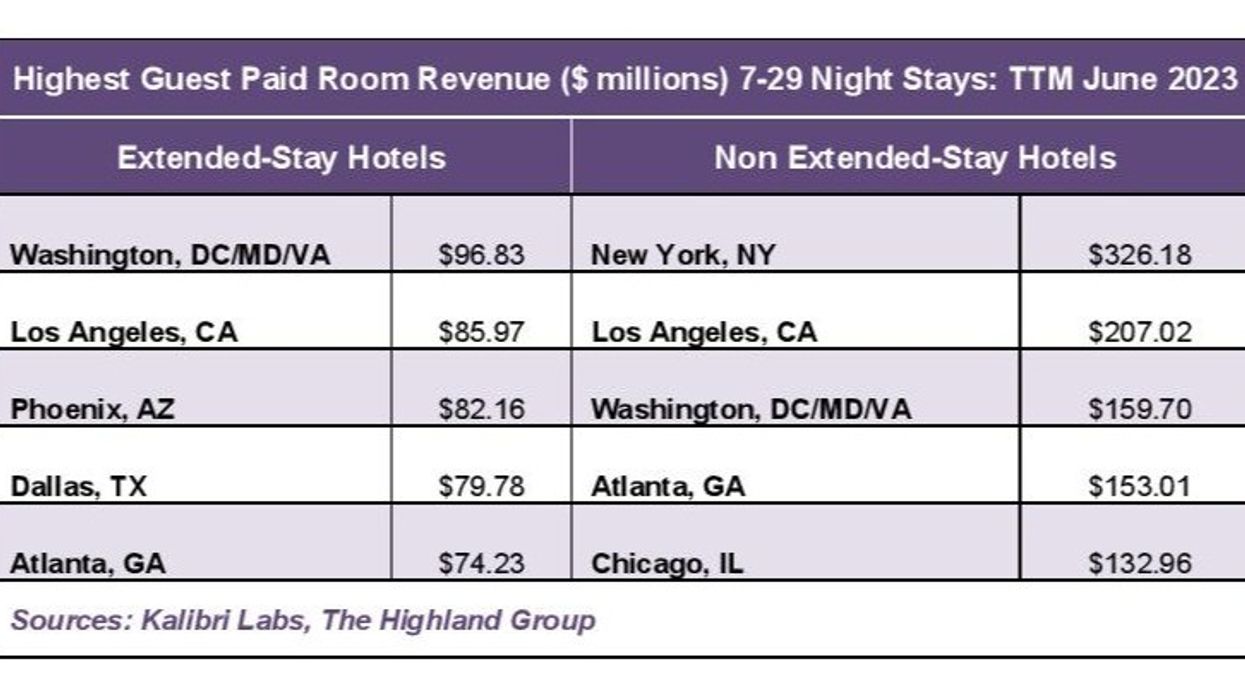- Asia Pacific mandate with a focus on acquiring hospitality assets in Thailand with turnaround and value add potential
- The company plans to acquire a portfolio of 12-15 hotels over the next 18 months with capital values ranging up to 1.5 billion Baht.
- Five strategic hotel asset management initiatives: Recapitalize, Reposition, Rebrand, Re-employ and Re-open
- Fully supported by leading hotel owner and operator Destination Group
- Experienced deal execution track record of acquiring, adding value and selling hospitality assets
Bangkok 15 July 2020: Destination Capital, Bangkok-based private equity real estate investment and asset management company, is set to join forces with its capital partners to acquire hotel assets in the Asia Pacific, with a focus on Thailand employing a strategy of acquiring strategic hotel assets and then adding value through renovation, asset management and rebranding typically with a global hotel brand to boost financial returns and revitalize the hospitality sector.
Destination Capital was recently established and is affiliated with leading hospitality owner and operator in Southeast Asia, Destination Group.
Chief Executive of Destination Capital, James A. Kaplan shared that Destination Capital will source assets that will provide high yielding returns after a renovation and repositioning strategy is executed, with a focus on prime-located freehold hotels and resorts of approximately 200 rooms located in key urban and resort locations.
Over the next 18 months Destination Capital will continue to source and acquire hotels and estimates that it will ultimately hold a portfolio of 12-15 four-star hotels.
Kaplan will leverage his global hospitality experience together with the resources of Destination Group and its capital partners to attract domestic and international private equity with a focus on acquiring, repositioning, and managing hotel assets in Thailand and elsewhere in Asia.
Thailand is a world-class tourist destination with almost 40 million international tourist arrivals last year. Recent estimates indicate 2020 international arrivals will be as low as 8 million of which 7 million have already arrived prior to the Covid-19 lockdown. The aviation and tourism industries have been disproportionately impacted, particularly in Thailand, where tourism accounts for almost 18% of GDP.
Millions of people are unemployed, and thousands of hotel rooms are now shuttered which has prompted the immediate need for fresh injections of capital necessary for hotels to re-employ and re-open as well as sustain operations during what most industry experts agree will be a more prolonged recovery cycle until a vaccine is available and air traffic returns with regularly scheduled service.
Although the hospitality industry will be slow to recover as a result of the current situation, historically, Thailand has successfully rebounded from crisis-to-crisis and emerged more robust and more resilient. “We believe a similar rebound story will be true with a full recovery in 3-4 years,” said Kaplan.
“We will deploy our resources to source and acquire hotels which present a turnaround story during this period of rebound,” says Kaplan, who along with his experienced hospitality and real estate teams have a proven track record of asset acquisition and management of hotel turnarounds over the past several decades.
Destination Capital’s chief executive added that the resilience of the Thai economy and tourism industry is a key factor to revive hotel and hospitality industry in the medium-term in line with company’s investment strategy.
About Destination Capital
Destination Capital (DC) was recently formed as investment fund to partner with Private Equity and Institutional Funds to source hotel acquisition opportunities and asset manage in the Asia Pacific region with an emphasis on Thailand.
The company will sponsor a series of private equity funds, trusts and investment platforms mandated to acquire strategic hotel assets which present value-added opportunities for our capital partners to earn a financial return with a view to re-open hotels and re-employ people in the tourism sector, which in Thailand directly accounts for 18% of annual GDP.
Destination Capital is part of Destination Group which has a 24-year track record in Thailand of buying, repositioning, asset managing and selling hotels.
James A. Kaplan
Chief Executive Officer, Destination Capital Co., Ltd.
James has over 30 years of global hotel and resort development and acquisition experience with a primary focus in the Asia Pacific region.
His extensive global development and transactional experience as well as legal and bankruptcy background is a solid foundation upon which Destination Capital can execute its strategy.
Prior to taking on the CEO role at Destination Capital, James was Senior Vice President Development for Minor Hotel Group and has also served as a senior executive at leading hotel companies across the Asia Pacific region, Europe, Africa and the Middle East.
James is a graduate of both the University of California Berkeley with a BA in Political Science/Asian Political Systems and Golden Gate School of Law in San Francisco with a Juris Doctor degree emphasizing real estate


